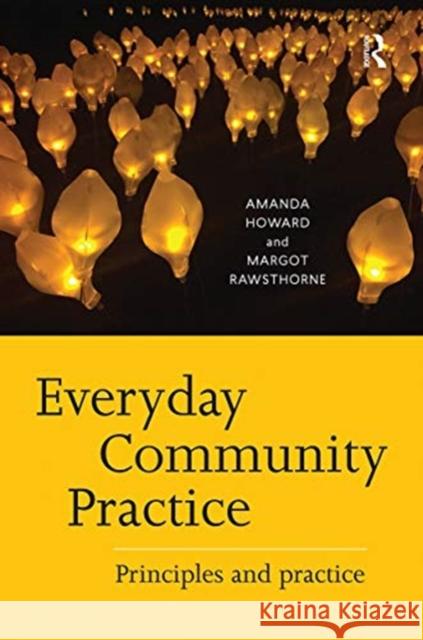Everyday Community Practice: Principles and Practice » książka
topmenu
Everyday Community Practice: Principles and Practice
ISBN-13: 9780367718039 / Angielski / Twarda / 2021 / 272 str.
Everyday Community Practice: Principles and Practice
ISBN-13: 9780367718039 / Angielski / Twarda / 2021 / 272 str.
cena 708,33 zł
(netto: 674,60 VAT: 5%)
Najniższa cena z 30 dni: 680,04 zł
(netto: 674,60 VAT: 5%)
Najniższa cena z 30 dni: 680,04 zł
Termin realizacji zamówienia:
ok. 16-18 dni roboczych.
ok. 16-18 dni roboczych.
Darmowa dostawa!
A practice-focused resource for community workers and students.











